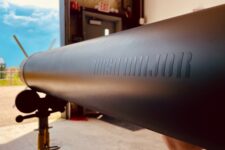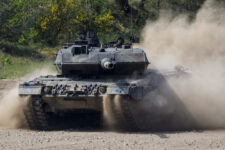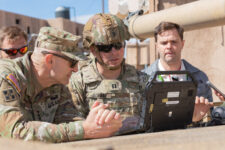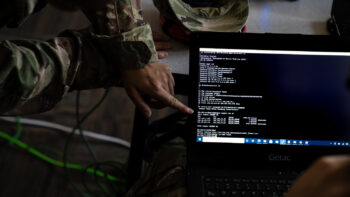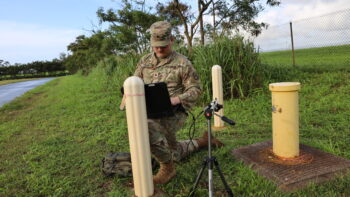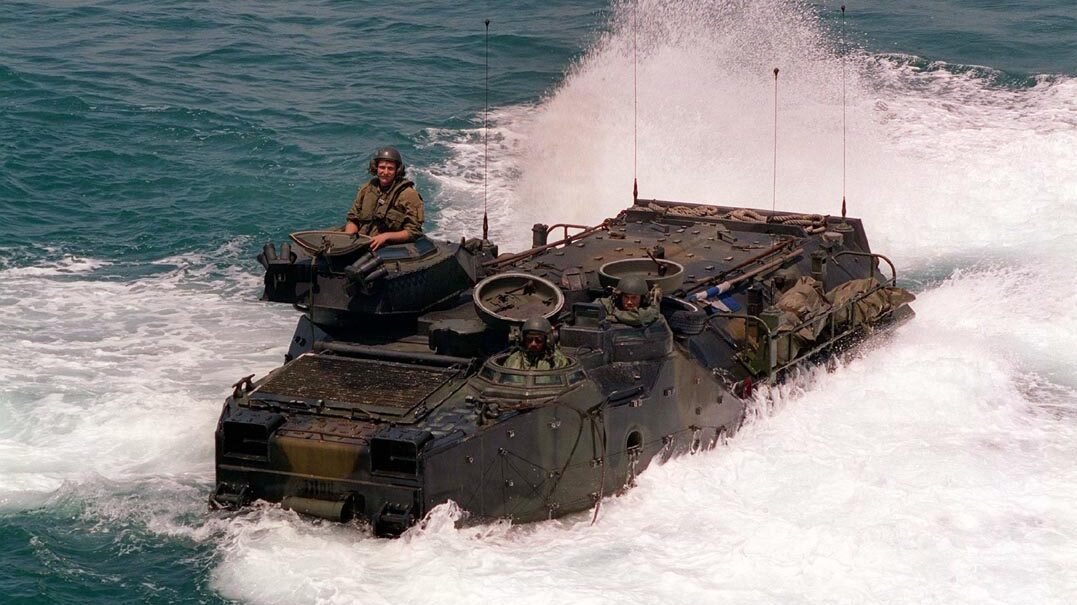
The Marine Corps’ current Amphibious Assault Vehicle will be replaced by a BAE Systems-made Amphibious Combat Vehicle. (File)
WASHINGTON: Marine Corps Commandant Gen. David Berger has decided the service will no longer use the Amphibious Assault Vehicle during scheduled deployments or to train in the water during military exercises, a Marine Corps spokesman said today. The vehicle will only return to waterborne operations if needed in a crisis.
The decision to sideline the vehicle comes just a few months after the Marine Corps published its investigation into a July 2020 accident that left eight Marines and one sailor dead. That review, led by a three-star Marine Corps general who has since retired, resulted in nearly two dozen recommendations for changes regarding AAV equipment, procedures and training.
Maj. Jim Stenger, the Marine Corps spokesman, said the service implemented those recommendations and maintains the AAV “is a safe and effective vehicle for amphibious operations.” Nonetheless, he said, Berger’s decision is “in the interest of the long-term health of the amphibious vehicle programs and future capabilities.”
“The AAV will continue to operate on land; 76% of its tasks are land-based. In doing so, we reserve the capability to reverse this decision should the need arise,” said Stenger. “The Marine Corps will continue deployments with myriad lethal capabilities which currently exist, and we remain committed to fielding the Amphibious Combat Vehicle.”
The ACV is the follow-on program to AAV and is being built by BAE Systems along with Iveco Defence Vehicles, which won a competition against the Virginia-based services contractor SAIC in June 2018. The program at the time was valued at $1.2 billion. At its core, the ACVs purpose is to rapidly and safely deploy Marines from ship to shore. But the ACV has had its issues as well.
“ACVs were temporarily suspended from open ocean waterborne operations as we worked to solve an issue that was identified with the towing mechanism. We expect that issue to be resolved soon and for ACVs to return to the water early in the New Year,” according to Stenger.
Israel signs $583 million deal to sell Barak air defense to Slovakia
The agreement marks the latest air defense export by Israel to Europe, despite its ongoing war in Gaza.






